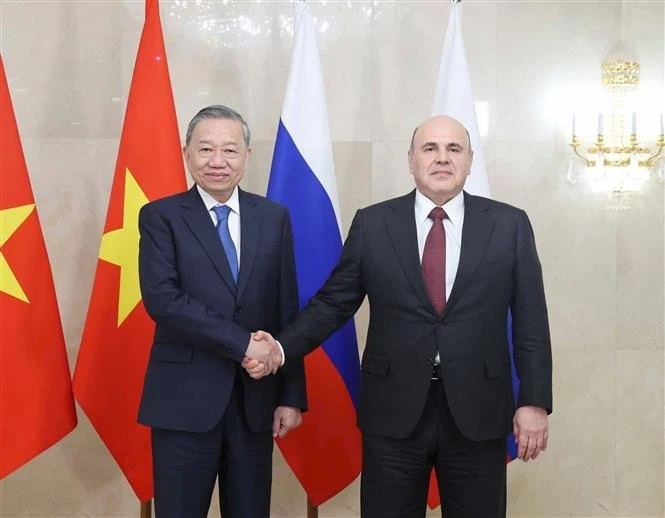Ambassador Ito Naoki: Vietnam’s "New Era" Presents Great Opportunity to Strengthen Japan-Vietnam Relations
| Vietnam Cohosts Ikebana Charity Fair in Japan | |
| Vietnam-Japan Friendship House Inaugurated in Long An |
After nearly a year as Japan's Ambassador to Vietnam, how do you feel about the country and its people? Can you share some of the challenges and advantages you have faced during your time in Vietnam?
Since assuming office in Hanoi in May last year, I have had the opportunity to engage with a wide range of people, from officials of the Party, Government, and National Assembly to representatives from businesses, education, and cultural institutions. I have also visited 20 provinces and cities across the country, from Lao Cai and Yen Bai in the North to Ca Mau in the South.
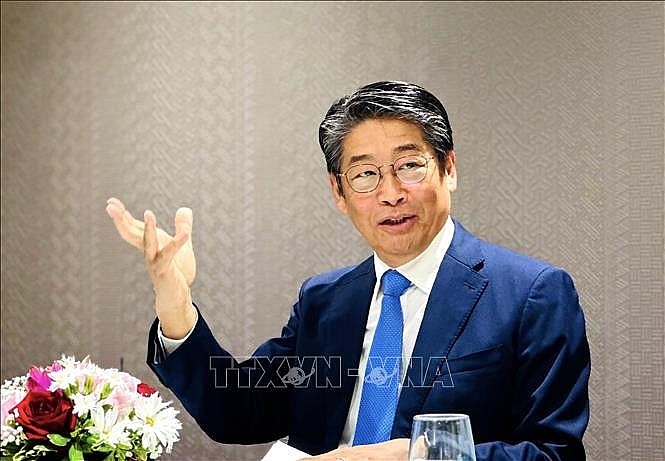 |
| Japanese Ambassador to Vietnam Ito Naoki. |
When I first arrived in Vietnam, I was deeply impressed by the unique atmosphere and energy here, which stands apart from any other city in Asia. This is likely due to Vietnam's consistent development since the Doi Moi (Renovation) policy and its recent top economic growth rates among ASEAN countries. As a result, the Vietnamese people are confident about the future, and the entire society shares common expectations for what lies ahead.
I see Vietnam as one of the ASEAN countries with the potential to achieve a GDP per capita of over US$10,000 in the near future.
Currently, Vietnam is strongly entering a "new era" under the leadership of General Secretary To Lam. I am confident that this "new era" will offer a great opportunity to further develop and expand the Vietnam-Japan partnership, and concrete collaborative activities will be further promoted in many areas.
The Ho Chi Minh City urban railway line No.1, a symbol of cooperation between Japan and Vietnam, officially began operation in December last year. I was delighted to see that the local people warmly received the new railway, with many coming to experience it.
In this "new era," Vietnam is focused on rapidly improving strategic infrastructure, including transportation, digital technology, and energy. Japan welcomes these efforts and will continue to work closely with Vietnam. Additionally, in high-tech fields such as semiconductors, and emerging sectors like digital transformation, green transformation, and high-level human resource development, the Japanese Government and businesses will continue to provide Vietnam with the necessary support to achieve its goal of becoming a developed country by 2045 and to maintain double-digit growth.
Japanese companies are also eager to invest in Vietnam. According to the latest survey by JETRO (Japan External Trade Organization), among ASEAN countries, Vietnam is the nation where Japanese businesses are most interested in expanding investments in the future. Additionally, in a recent survey of Japanese companies conducted by JBIC (Japan Bank for International Cooperation), Vietnam ranked second globally for manufacturing industries and first globally for non-manufacturing industries as an attractive destination for business. I am confident that the economic partnership between Japan and Vietnam will continue to grow.
The Shinkansen high-speed rail system has made a significant impact, driving Japan's strong socio-economic development. What lessons can Vietnam learn from Japan as it plans to develop a North-South high-speed rail line?
In 1964, the 500 km Shinkansen line connecting Japan’s two major economic hubs, Tokyo and Osaka, was inaugurated, and last year marked the 60th anniversary of its operation. In the 1960s, during a period of rapid economic development, Japan carried out numerous infrastructure projects to boost economic growth, such as launching several subway lines in Tokyo and Osaka and constructing highways connecting Tokyo and Osaka. Among these, the Shinkansen is a public transportation system that has brought substantial economic benefits, such as significantly reducing travel times, increasing the number of tourists and business travelers along the route, stimulating regional development, and boosting economic recovery.
What stands out about Japan’s Shinkansen is its unprecedented frequency, with up to 17 trains running per hour, all while maintaining punctuality and high safety standards. Despite the high frequency, the average delay for each train is only 1.6 minutes, including delays caused by natural disasters. Regarding safety, the railway is isolated, with no intersections, so people cannot enter the tracks. With automated train control systems, the Shinkansen ensures a high level of safety, with no fatal accidents in the 60 years since it began operations.
The Shinkansen system’s success is largely due to the integrated development of residential areas along the route, local trains, and other modes of transport, contributing to comprehensive growth. I believe this is one of the key reasons for its success. Through comprehensive development, the Shinkansen system demonstrates its superior advantages and brings even greater benefits. We need to think of it not just as a story about trains but also as part of a broader national development effort. I believe infrastructure projects, including the development of the Shinkansen, will also promote human resource training related to the industry.
In Japan, the introduction of the Shinkansen marked a "game-changer" for rapid economic growth. In Vietnam, the North-South high-speed rail line is also expected to become a catalyst for further development.
Vietnam has recently decided to restart the Ninh Thuan nuclear power project. As a nuclear energy powerhouse, what lessons can Japan share with Vietnam, and how do you assess the potential for cooperation between the two countries in this field?
First, Japan welcomes Vietnam’s decision to restart the nuclear power plant project.
With 60 years of experience in nuclear power and the operation of around 60 nuclear power plants, Japan can contribute to Vietnam's nuclear power plant construction project.
Regarding the potential for specific cooperation, Japan will need to consider the content that can be implemented based on Vietnam’s needs and the project timeline. However, Japan is willing to cooperate in feasibility studies focusing on the possibility of implementing nuclear reactors using Japanese technology in the future.
In addition, Japan welcomes cooperation in training human resources in civilian nuclear energy in Vietnam. We look forward to collaboration between universities under Vietnam’s Ministry of Industry and Trade and relevant Japanese universities, businesses, and organizations.
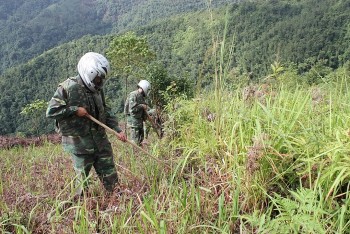 | Japan Donates Mine Clearance Equipment Valued at 500 Million JPY to Vietnam Vietnam and Japan have recently signed and exchanged diplomatic notes, with Japan agreeing to provide mine clearance equipment worth 500 million yen to Vietnam as ... |
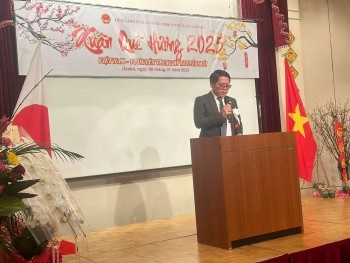 | Vietnamese Community in Osaka-Kansai Celebrates the Lunar New Year 2025 The Consulate General of Vietnam in Osaka, Japan, held the Homeland Spring Festival of the Year of the Snake 2025 in a warm and cheerful ... |
Recommended
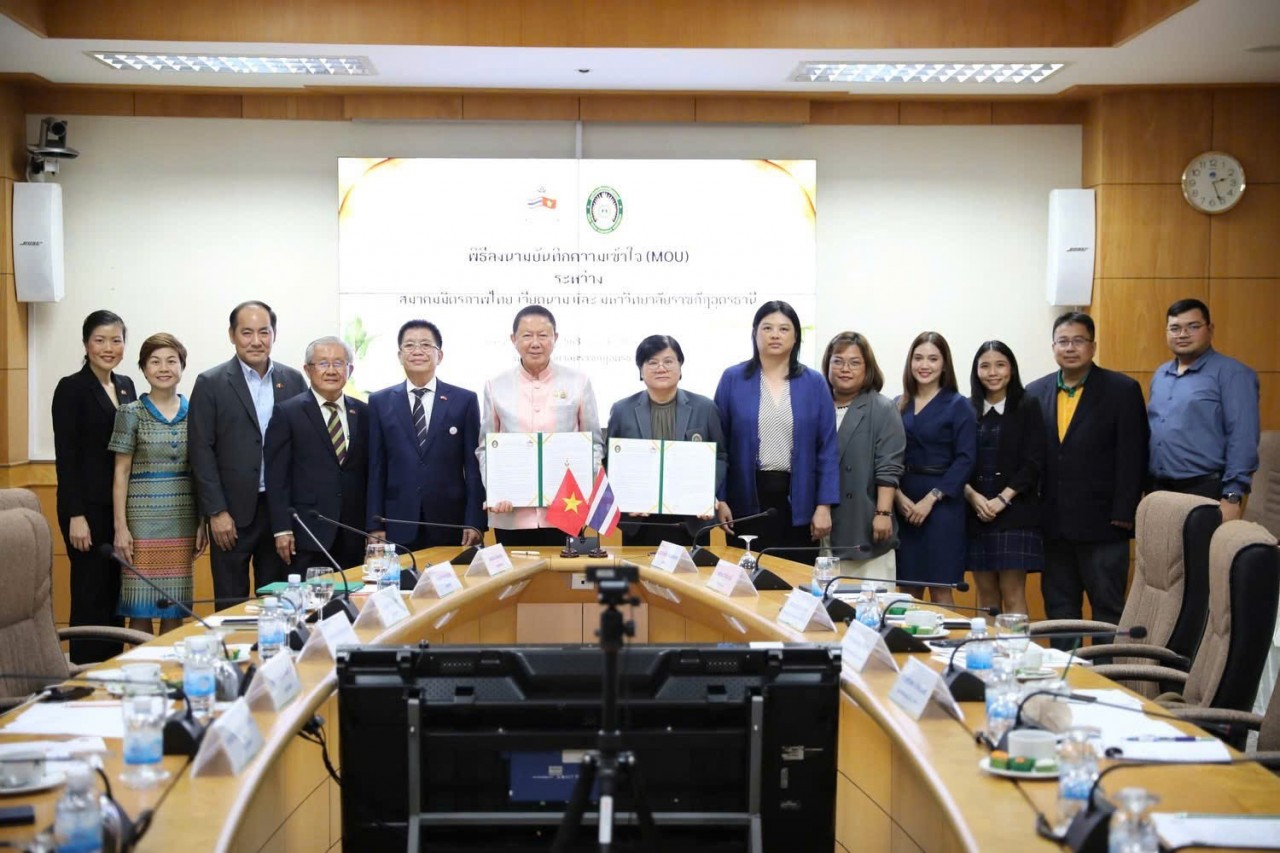 Friendship
Friendship
Center for Vietnamese Studies, Thailand-Vietnam Friendship Association Collaborate on Language Training
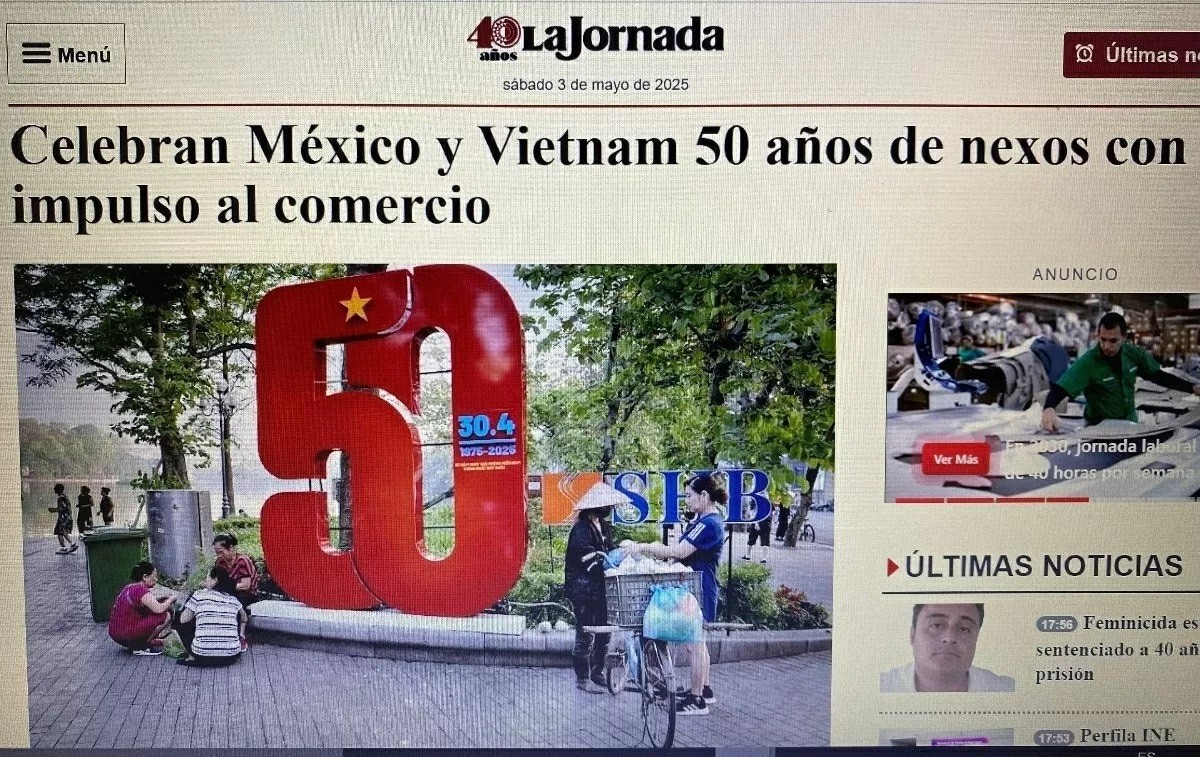 Friendship
Friendship
50 Years of Mexico-Vietnam Diplomatic Relations: Continuous Flourish in All Fields
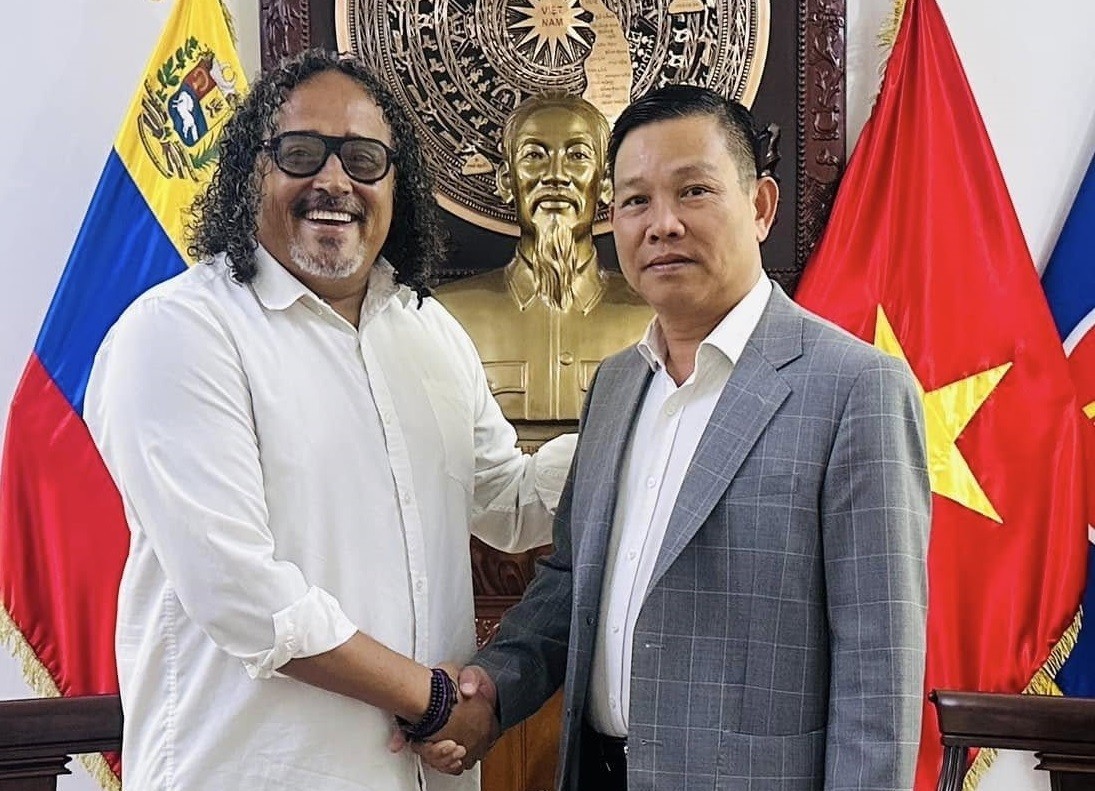 Friendship
Friendship
Venezuelan Artists Commemorate President Ho Chi Minh through Revolution Music
 Friendship
Friendship
Vietnam's April 30 Victory Celebrated in Venezuela
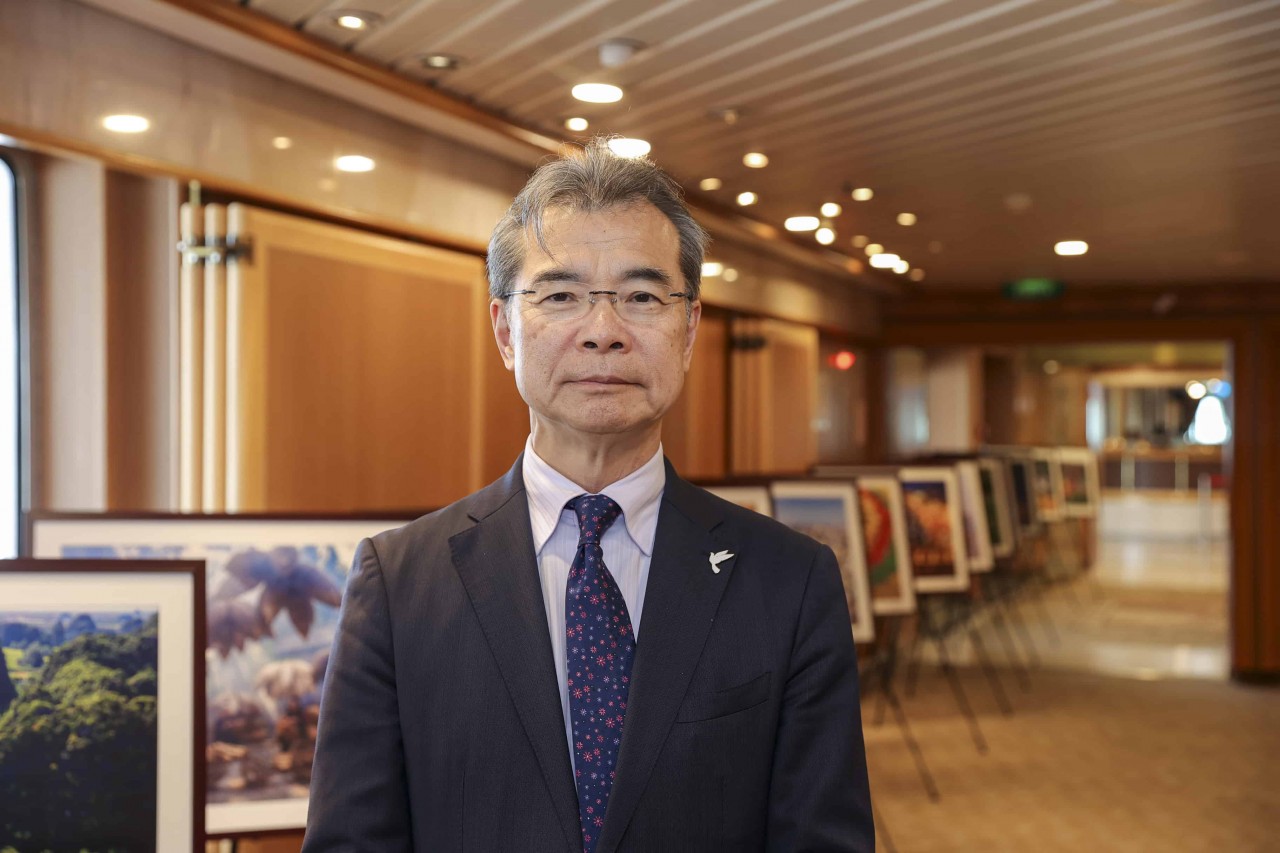 Friendship
Friendship
Vietnam’s History: Precious Legacy of Peace
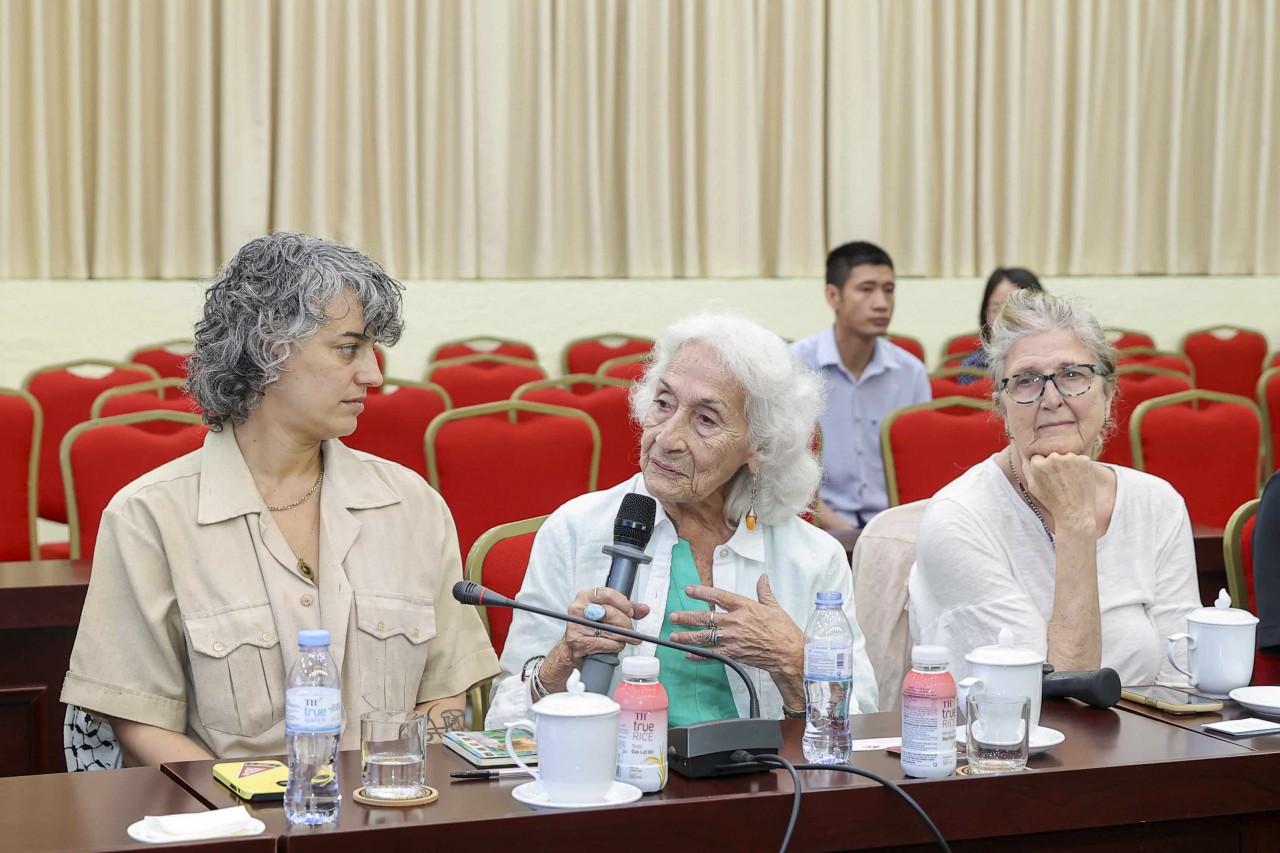 Friendship
Friendship
Vietnam as Land of Hope, Resilience, and Progress
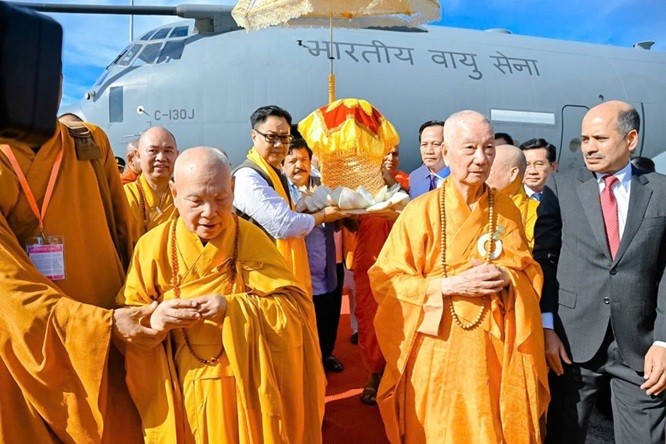 Friendship
Friendship
Spiritual Values Strengthen Vietnam - India Ties
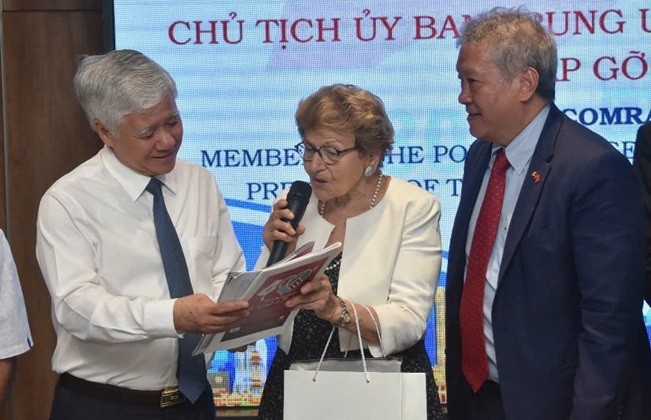 Friendship
Friendship

